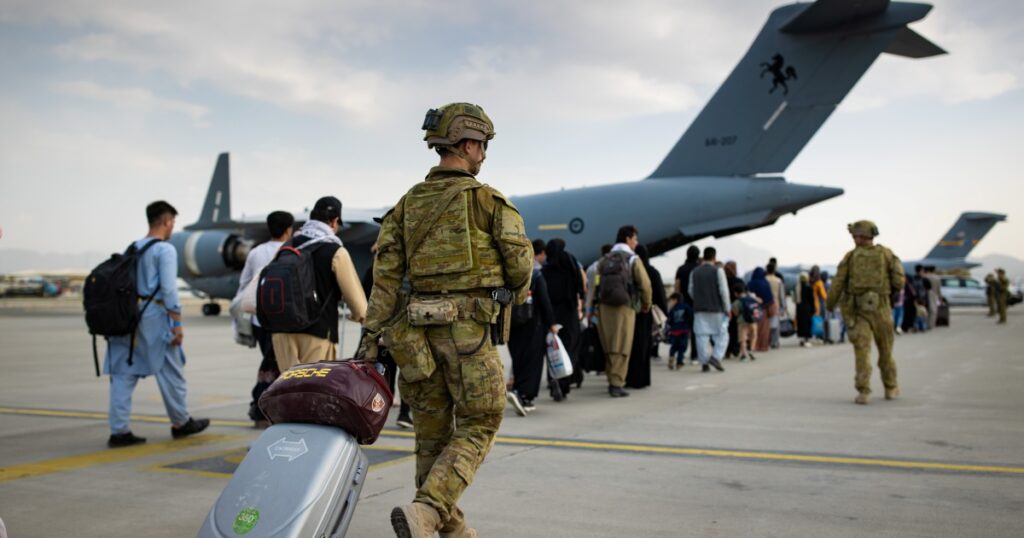
Afghan refugee in Australia pleads to return and rescue family
An Afghan exile who has been held in Australian immigration detention for further than eight times is contending for his release in a shot to return to Taliban- controlled Afghanistan and deliver his family following the pullout of US colors from the war- torn country.
The exile, who for his family’s safety can only be linked as FGS20, a alias used in court proceedings, worked alongside coalition forces in Afghanistan after the United States military raided the country and stumbled the Taliban government in 2001.
As the fortified group regained one Afghan megacity after another before this month, FGS20 filed an operation for exigency evacuation visas for his woman and four children.
Also, as the Taliban advanced on the Afghan capital, Kabul, FGS20’s attorneys took the Australian government to court, seeking an critical decision.
But the government, led by Australian Prime Minister Scott Morrison, said on Wednesday that it would not be suitable to decide whether to grant the Class 203 Exigency Deliverance visas before the US withdraws all of its colors from Afghanistan on August 31.
Decreasingly hopeless, FGS20 said he made a formal request on Thursday to “ please” be transferred back to Afghanistan “ incontinently”, stating that he “ needs to travel tonight”
.
There has been no response from the Australian government, still.
(The) Australian government wants to kill me in then, in detention,” FGS20 said, pertaining to how his dragged detention has urged studies of taking his own life.
FGS20 fled Afghanistan in 2013 and arrived by boat in Australia, with the end of seeking shelter in the country with his family.
I ( study) I (would spend) perhaps one month or two months (in) detention,” he said. “ After two months, I (would) go to (the) community (and) bring my family to a safe country.”
Rather, he has been held in Australian immigration detention for further than eight times. FGS20 spent the first six times of that time in a notorious coastal detention centre on Papua New Guinea’s Manus Island.
Also in 2019, he was brought to Australia for medical treatment. Since also, he has been held at a range of detention centres and Indispensable Places of Detention (APODs) around the country.
During this time, FGS20 said he has lost 15 cousins to the Taliban, including his family.
Every time I ( heard I ’d) lost one of my family,” said FGS20, “ I (could n’t) do anything … nothing.”
Jane Alcorn, an Australian citizen who befriended FGS20 and who he refers to as his “ Australian mum”, said she’d noway forget the day FGS20 lost his family. I remember when he telephoned me, it was in the middle of the day and I was at the shop,” Alcorn said. “ I went to sit in the auto because I just could n’t suppose easily for a nanosecond … I knew it ( was) true, but I could n’t really believe it … and (FGS20) was so, so sad, you ca n’t imagine.”
The Taliban, who took control of Kabul on August 15, has offered a general remittal for former government officers and promised to admire women’s rights and media freedoms. But there are formerly reports of Taliban fighters targeting people who have worked with the US or NATO forces.
A nonpublic trouble assessment prepared for the United Nations on August 25 said Taliban fighters were going house to house, setting up checkpoints and hanging to arrest or kill cousins of “ collaborators” in major metropolises.
When Al Jazeera communicated the Department of Home Affairs and the Australian Border Force for comment on FGS20’s case and his rearmost plea for release, a prophet from the Australian Border Force said the department “ does not note on individual cases or matters subject to ongoing action”.







